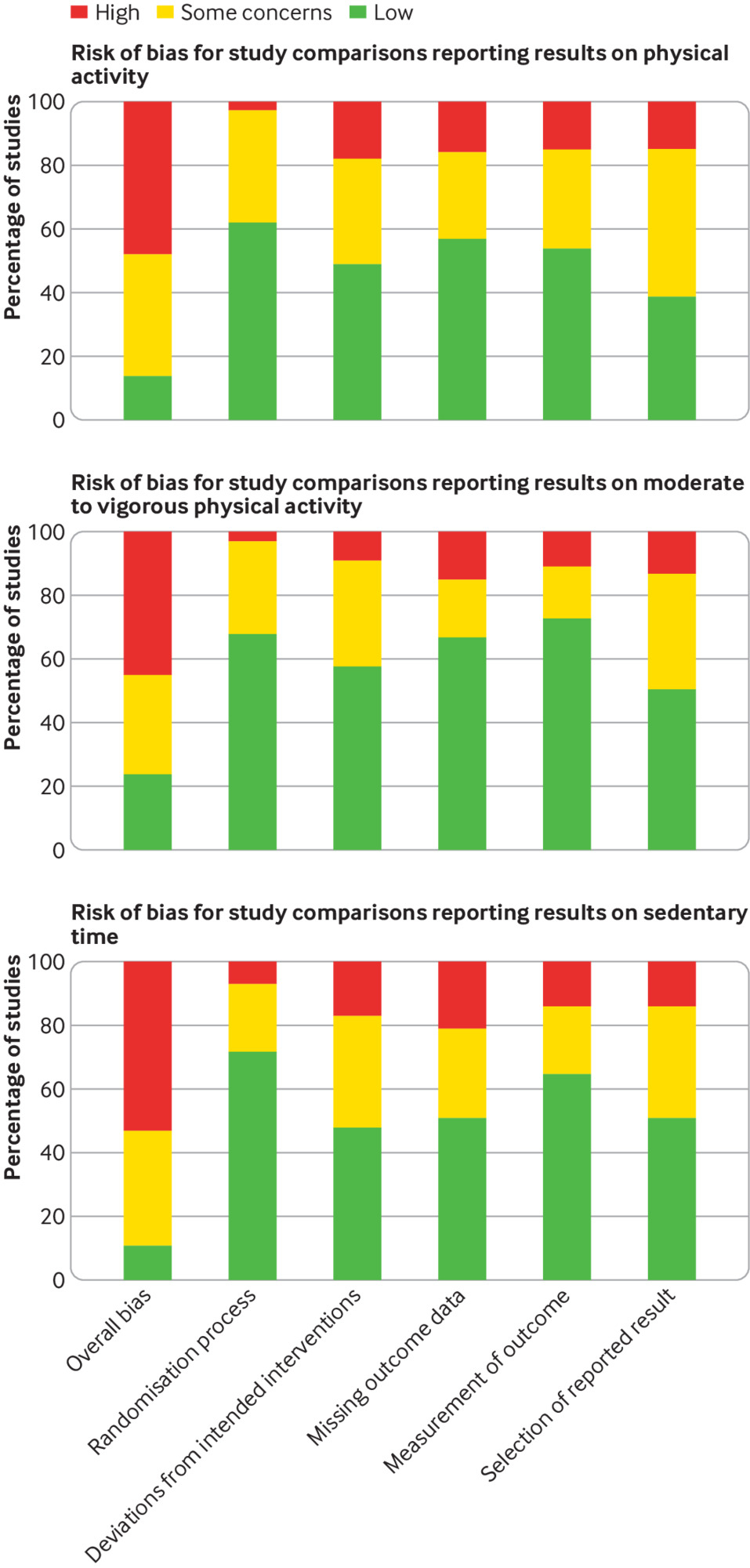Summary: Lifestyle may be more important than age in determining a person’s cognitive function and future dementia risks, a new study reports.
Individuals who have no dementia risk factors, such as smoking, diabetes or hearing loss, have brain health similar to people who are 10 to 20 years younger than them, according to a new Baycrest study.
The study found that one dementia risk factor could reduce cognition by up to three years of age.
“Our findings suggest that lifestyle factors may be more important than age in determining a person’s level of cognitive functioning. This is great news, as there is much you can do to modify these factors, such as managing diabetes, tackling hearing loss, and getting the support you need to quit smoking. ” says Dr. Annalize LaPlume, Postdoctoral Fellow at the Rotman Baycrest Research Institute. (RRI) and lead author of the study.
The study is one of the first to look at lifestyle risk factors for dementia across the lifespan.
“While most studies of this type look at middle and old adulthood, we also included data from participants as young as 18, and found that risk factors had a negative impact on cognitive performance across all ages. This is critical because it means that risk factors can and should be addressed as early as possible,” says Dr. Nicole Anderson, RRI Senior Scientist, Associate Scientific Director of the Kimel Baycrest Family Center for Brain Health and Wellness, and senior author of this. study.
The study, published today in the journal Alzheimer’s & amp; Dementia: Diagnosis, Assessment, and Disease Monitoring, a journal of the Alzheimer’s Association, includes data from 22,117 people between the ages of 18 and 89 who completed the Cogniciti Brain Health Assessment, developed by Baycrest. Participants performed the test in their own homes by visiting the Cogniciti website (https://cogniciti.com/). It takes about 20 minutes to complete the test and includes a background questionnaire and four cognitive assignments.
The researchers looked at participants’ performance on memory and attention tests, and how eight variable risk factors for dementia influenced this: low education (less than a high school diploma), hearing loss, traumatic brain injury, alcohol abuse or substances, hypertension. , smoking (currently or in the last four years), diabetes and depression.
Cognitive performance decreased by up to three years of age due to all factors, with each additional factor contributing the same degree of deterioration. For example, a reduction in cognitive performance equivalent to nine years of age may be due to three risk factors. The effects of risk factors increased with age, as did the number of human risk factors.
“Overall, our research shows that you have the power to reduce your risk of cognitive decline and dementia,” says Dr. LaPlume. “Start addressing any risk factors you may have now, whether you are 18 or 90, and support your brain health to help yourself age without fear.”
This research was supported by the Canadian Alzheimer’s Society, and the Natural Sciences and Engineering Research Council of Canada.
With additional funding, the researchers could look further into the differences between normal adults and “super adults” – people who have the same cognitive performance as younger people for many years.
About this dementia research news
Author: Sophie Boisvert-HearnSource: BaycrestContactor: Sophie Boisvert-Hearn – BaycrestImage: Image is in public
Original Research: Open access. “Adverse effects of risk factors of variable dementia increase cognition throughout an adult’s life” by Nicole Anderson et al. See the article : Stroke victim grateful for support with music benefit: ‘I am amazed at all the support’. Alzheimer’s & amp; Dementia Diagnosis Assessment & amp; Disease Monitoring
The adverse effects of variable risk factors on dementia increase on cognitive life throughout adulthood
Background
Reversible lifestyle behaviors (variable risk factors) can reduce the risk of dementia by 40%, but their prevalence and association with cognition throughout the adult lifespan is also poorly understood.
Methods
The links between the number of variable risk factors for dementia (low education, hypertension, hearing loss, traumatic brain injury, alcohol or substance abuse, diabetes, smoking and depression) and cognitive were examined in an online sample (N = 22,117, ages ). 18–89). Read also : Whether it’s 18 or 80, lifestyle may be more important than age to determine the risk of dementia, the study reveals.
Findings
Older adults (age 66–89) had greater risk factors than average age (age 45–65) and younger adults (age 18–44). Heterogeneous regression showed that all additional risk factors were associated with lower cognitive performance (equivalent to 3 years of age), with greater involvement as age increased. Read also : Health inequality leads to $320 billion in unnecessary health spending. People who had no risk factors in the forties to seventies showed cognitive performance similar to people 10 or 20 years younger with many risk factors.
Interpretation
Dementia variable risk factors increase lifetime age differences in cognitive performance.
Does the risk of dementia increase with age?
The most well-known risk factor for Alzheimer’s and other dementia is increasing age, but these disorders are not a normal part of aging. Although age increases the risk, it is not a direct cause of Alzheimer’s. Most individuals with the disease are 65 and older. After age 65, the risk of Alzheimer’s doubles every five years.
What age group is most likely to get dementia? The incidence of ubiquitous dementia is very high in people aged 90 years and over and continues to increase exponentially with age in both men and women. Projections of the number of people with dementia should incorporate this continuous increase in the incidence of dementia after the age of 90 years.
What puts you at higher risk for dementia?
The risk increases as you get older, especially after the age of 65. However, dementia is not a normal part of aging, and dementia can occur in young people. Family history. Having a family history of dementia increases your risk of developing the condition.
Does dementia run in families?
Many people affected by dementia worry that they may inherit or pass on dementia. Children and grandchildren do not inherit most of their dementia. In rarer forms of dementia there may be a strong genetic link, but these make up only a small proportion of the total cases of dementia.
How can you avoid dementia if it runs in your family? 5 Strategies to Reduce Your Risk for Dementia
- Go for early screening. If you have a family member with any form of dementia, get screened at around 40 years of age. …
- Be serious about keeping your brain sharp. Engage in new lifelong learning. …
- eat a healthy brain diet. …
- Get moving. …
- Protect your head.
Can you get dementia from family?
Family history is not necessary for an individual to develop Alzheimer’s. However, research shows that those who have a parent or sister or sister with Alzheimer’s are more likely to develop the disease than those who do not have a first – degree relationship with Alzheimer’s.
What type of dementia is hereditary?
This is called Familial Alzheimer’s Disease (FAD). If a parent has a mutation gene that causes FAD, there is a 50% chance that all children will inherit it. The presence of the gene means that a person will eventually develop Alzheimer’s disease, usually in their 40s or 50s.
Can dementia be cured?
There is no & quot; cure & quot; for dementia. In fact, because dementia is caused by a variety of diseases, there is unlikely to be a single cure for dementia. The research is focused on finding remedies for diseases that cause dementia, such as Alzheimer’s disease, frontotemporal dementia and dementia with Lewy bodies.
What is the best treatment for dementia? Cognitive Stimulation Therapy This is the only psychological treatment for dementia that is directly recommended by the National Institute for Health and Care Excellence (NICE) to help people with mild or moderate dementia.
Can dementia be reversed or stopped?
“Dementia is irreversible when caused by degenerative disease or trauma, but may be reversible in some cases when caused by drugs, alcohol, hormone or vitamin imbalances, or depression,” explains the Cleveland Clinic . “The incidence of ‘usable’ causes of dementia is thought to be around 20 per cent. ‘
Is dementia temporary or permanent?
While most of the changes in the brain that cause dementia are permanent and worsening over time, the following conditions may improve thinking and memory problems when the condition is treated or when addressed: Depression.
Does dementia only affect those over the age of 65?
Although dementia mainly affects older adults, it is not part of normal aging.
Can people under 65 get dementia? Early onset (also known as early onset) Alzheimer’s is a rare form of dementia that affects people under the age of 65. About 5% to 6% of people with Alzheimer’s disease develop symptoms before the age of 65.
Can younger people suffer from dementia?
Dementia can affect people as young as 30, although this is extremely rare. The majority of young people with dementia are middle-aged: in the 50s and early 60s. The term ‘adolescent dementia’, or ‘early-onset dementia’, or ‘dementia in the world of work’ refers to people under the age of 65 who have been diagnosed with dementia.
Can dementia affect all ages?
Dementia becomes more common as people get older (about one-third of all people aged 85 and over may have some form of dementia) but it is not a normal part of aging. Many people live into their 90s and beyond with no signs of dementia. There are many different types of dementia, including Alzheimer’s disease.





